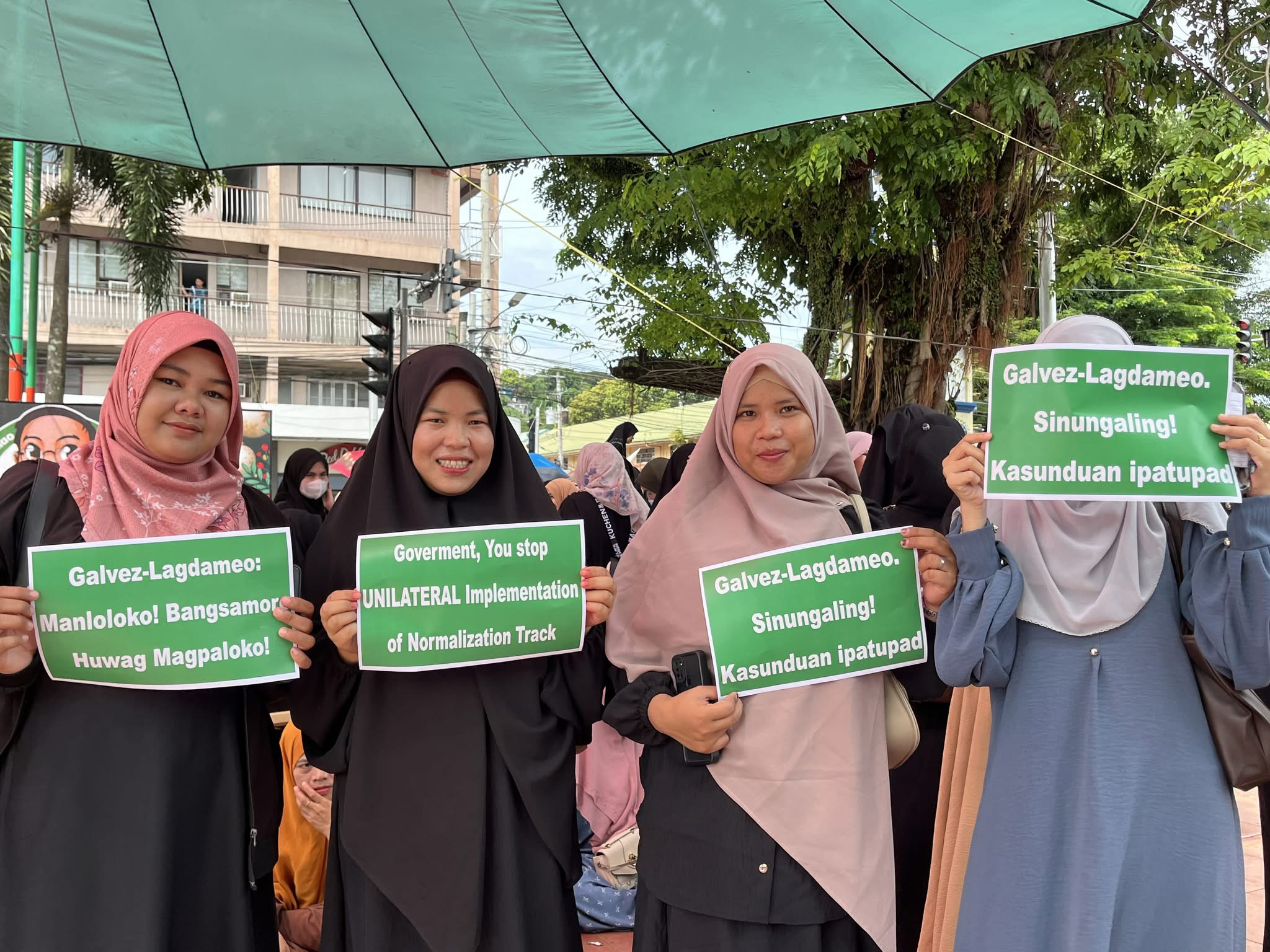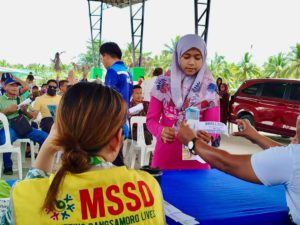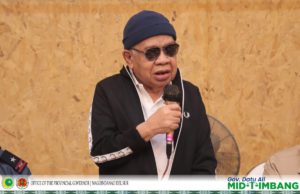
The GPH-MILF Peace Process: Rebuilding Trust and Confidence for Lasting Peace

Recent weeks have seen a series of significant events affecting the peace landscape between the Government of the Philippines (GPH) and the Moro Islamic Liberation Front (MILF). On August 6, OPAPRU of the GPH conducted a ceremonial distribution of educational assistance to former combatants in Cotabato City, symbolizing a step toward reconciliation and social support. However, this gesture did little to quell mounting tensions rooted in unresolved socio-economic and political commitments.
Tensions escalated further when civil society organizations (CSOs) staged protests on August 14, condemning government officials such as SAP Antonio Lagdameo Jr. and OPAPRU Secretary Carlito Galvez. Demonstrators expressed their frustrations by defacing posters of these officials for allegedly interfering in the internal affairs of the Bangsamoro Autonomous Region in Muslim Mindanao and called on the President to accept their courtesy resignation to preserve the peace agreement between the GPH and the MILF.
Adding complexity to the situation, Facebook on August 15 removed posts related to the MILF, restricted sharers, and flagged accounts as “Dangerous Organizations and Individuals.” This move underscored the challenging landscape of information management and digital influence amid ongoing peace negotiations.
Security measures also intensified on August 16, when the Armed Forces of the Philippines (AFP) conducted live-fireexercises with cannons and mortars in Datu Unsay, Maguindanao del Sur, reaffirming their role in supporting regional security and stability.
Most recently, Moro Islamic Liberation Front Central Committee Chairman Ahod Ebrahim Al Hajj issued a memorandum to all MILF Front and Base Commanders, including MILF line agencies. The memorandum prohibits attendance and participation in national government or OPAPRU unilateral normalization activities without prior approval and authorization.
In light of these recent developments, we call on both the Government of the Philippines (GPH) and the Moro Islamic Liberation Front (MILF) to engage in constructive dialogue to maintain and strengthen the peace process. The GPH-MILF Peace Implementing Panel should renew their commitments to dialogue, rebuild trust, and implement confidence-building measures, urging all stakeholders to prioritize peace and stability over conflicts and misunderstandings.
The panel should emphasize that dialogue is essential for addressing pressing issues such as socio-economic development, political participation, and regional stability—without undermining the core “Trust and Confidence” issues. Both parties should reiterate their commitment to building on the progress achieved so far and work collaboratively toward a sustainable peace that benefits all communities in Mindanao, especially the Bangsamoro Autonomous Region in Muslim Mindanao.
It is our hope that both sides will increase their efforts in dialogue and mutual understanding to bridge gaps, foster reconciliation, and lay the groundwork for lasting peace in the region. Peace is a shared responsibility, and continued engagement at all levels is necessary to ensure the successful implementation of peace agreements and the development of a resilient and inclusive society in Mindanao.
In addition, international partners, regional organizations, and local communities must remain supportive and involved in the peace process, providing neutral mediation and resources to facilitate ongoing dialogue and development initiatives.
We also call upon the leaders and stakeholders in the Bangsamoro Autonomous Region and surrounding areas to work together in promoting unity, understanding, and respect among different groups. Education, grassroots initiatives, and community dialogues should be prioritized to foster a culture of peace, tolerance, and mutual cooperation.
Lasting peace in Mindanao requires unwavering commitment, genuine dialogue, and collaborative efforts from all parties involved. We remain hopeful that through patience, perseverance, and sincere dialogue, sustainable peace and development will be achieved for the benefit of all Mindanaoans and future generations. (Note: This article is shared by BMN/BangsamoroToday with the author’s permission, Abdullah P. Salik, Jr.)

